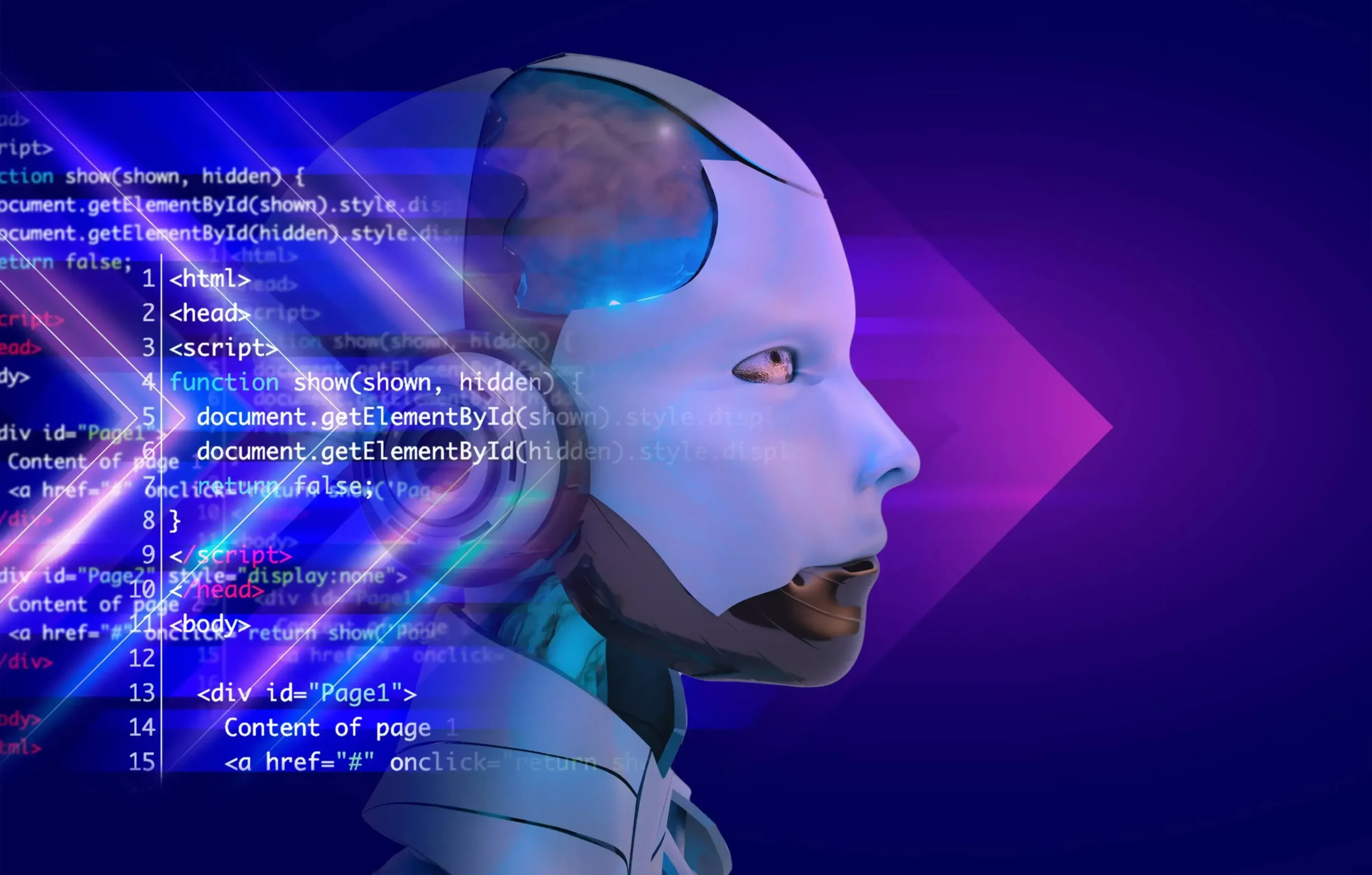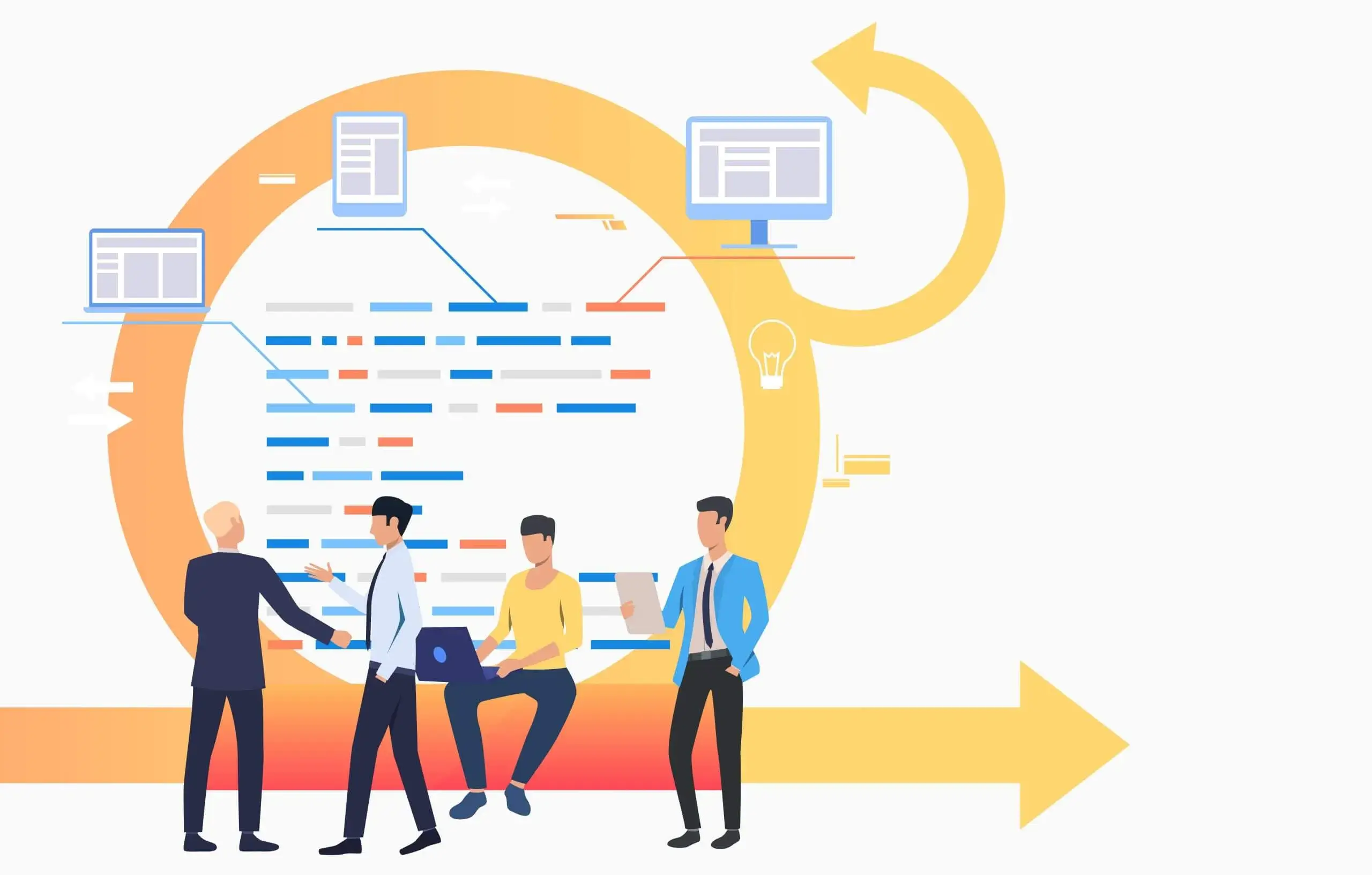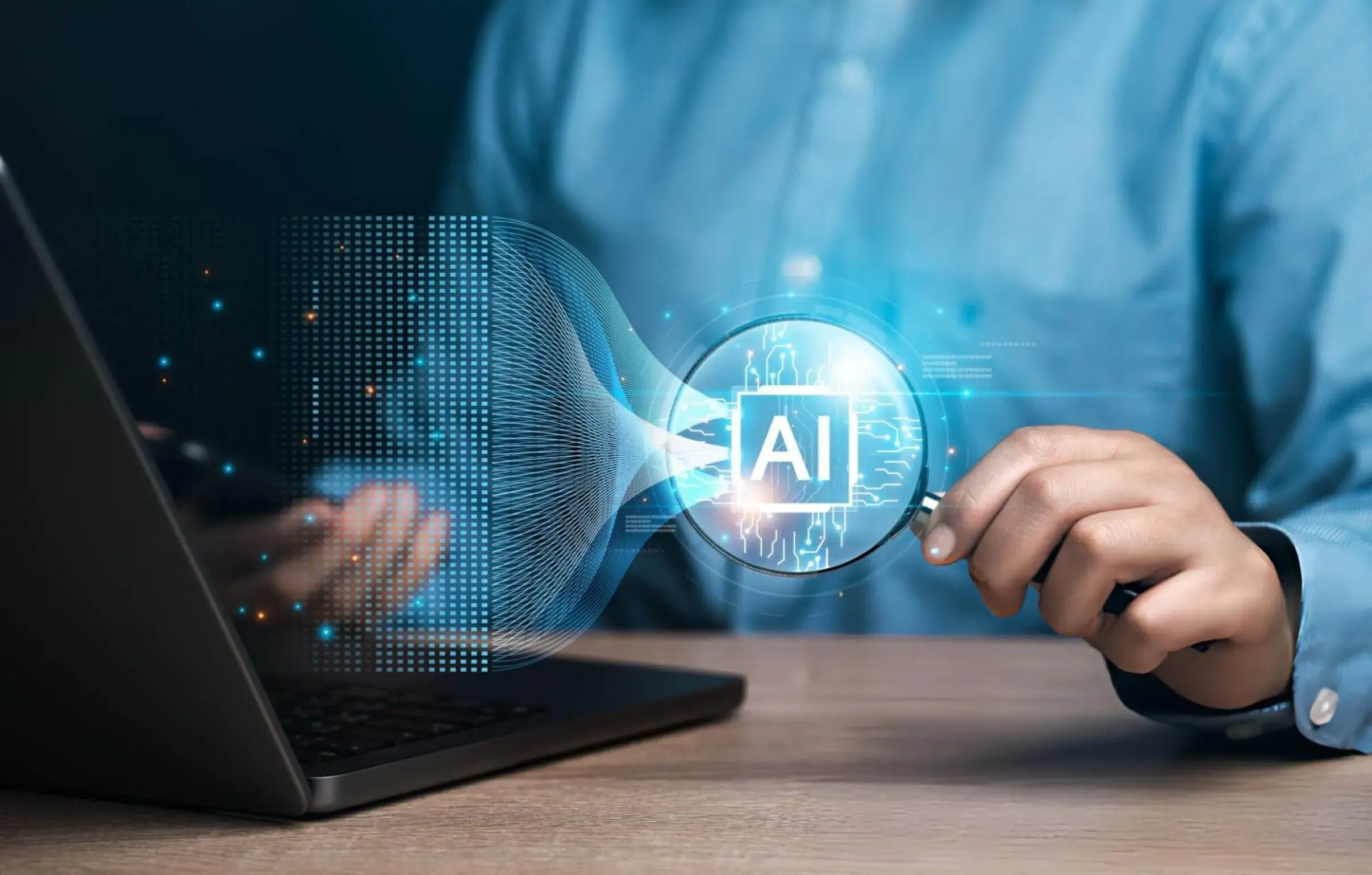The world of software development is evolving at lightning speed, and two of the biggest forces behind this transformation are Artificial Intelligence (AI) and Machine Learning (ML). These technologies are no longer futuristic add-ons—they are now essential tools that reshape how developers write code, test applications, manage deployments, and maintain complex systems. At Creamerz Soft, we’ve seen how AI and ML are redefining software engineering across industries by reducing costs, improving efficiency, and enabling organizations to build smarter, faster, and more reliable solutions.
Understanding the Role of AI and ML in Software Development
Artificial Intelligence is the broader concept of creating machines and systems that can think, learn, and act intelligently, while Machine Learning is a specific branch of AI focused on teaching systems to learn patterns from data. Together, these technologies are applied in software development to automate repetitive tasks, provide predictive analytics, detect bugs, generate code, and even personalize user experiences.
Instead of developers manually handling every step of a project, AI-powered software development tools can analyze thousands of lines of code, detect issues instantly, and even recommend optimized solutions. Machine Learning algorithms can examine historical data to predict potential risks, estimate project timelines, and identify areas of improvement before problems occur. This makes software teams more efficient and ensures that businesses deliver higher-quality products to market faster.
Automation of Repetitive Development Tasks
One of the most immediate benefits of AI and ML is automation. Writing repetitive boilerplate code, formatting scripts, generating unit tests, or running routine checks consumes valuable developer time. Today, AI-assisted coding platforms such as GitHub Copilot or Tabnine suggest complete lines of code, detect syntax errors, and auto-generate functions based on context. This AI code generation capability helps teams focus on creative problem-solving rather than spending hours on repetitive tasks.
At Creamerz Soft, we integrate these smart coding assistants into our workflows to reduce development time significantly. Instead of developers writing everything from scratch, AI tools suggest optimized snippets that speed up implementation while maintaining high coding standards.
Enhancing Software Quality with Predictive Analytics
Another powerful application of Machine Learning is predictive analytics in software development. By analyzing past project data, ML models can highlight modules most likely to fail, predict the severity of potential bugs, and recommend where additional testing is needed. This means quality assurance teams can prioritize their efforts more effectively, leading to fewer errors and smoother releases.
Predictive models also improve cost estimation and resource planning. Instead of relying solely on human judgment, AI tools analyze patterns to forecast timelines and budget requirements with greater accuracy. For clients, this translates into lower software development costs and more reliable project outcomes.
Smarter and More Personalized User Experiences
Beyond the development process itself, AI and ML directly impact how end users interact with software applications. From recommendation systems in e-commerce platforms to natural language processing (NLP) in chatbots, AI is powering intelligent and highly personalized user experiences. Machine Learning algorithms learn from user behavior to deliver content, products, or features that feel tailored to individual needs.
For businesses, this level of personalization leads to better customer engagement, higher satisfaction, and increased revenue. At Creamerz Soft, we design and implement ML-driven features such as intelligent search, voice recognition, and AI chatbots that enhance applications with real-time responsiveness and smarter decision-making.
Accelerating Time to Market
In today’s competitive environment, reducing time to market is crucial. AI automation in software development enables teams to shorten cycles by generating documentation automatically, accelerating debugging, and enhancing CI/CD pipelines with intelligent monitoring systems. Instead of manually scanning logs or reviewing errors, AI-driven DevOps tools instantly identify anomalies and suggest corrective actions.
This kind of automation has helped companies deliver updates faster without compromising on quality. By using DevOps AI integration, organizations gain continuous feedback loops that reduce downtime and improve scalability. At Creamerz Soft, we leverage these practices to ensure clients’ projects are delivered on schedule and optimized for long-term performance.
Overcoming Challenges with AI and ML Adoption
While the advantages of AI and ML are clear, organizations must also be aware of challenges. The most significant is the reliance on data. Machine Learning models require high-quality, unbiased datasets to produce accurate results. Poor or incomplete data can lead to unreliable predictions and performance issues. Security and privacy are also critical concerns, as sensitive information must be protected during training and deployment of ML models.
Another challenge is the lack of explainability in certain AI models, which can appear like “black boxes” to developers. Businesses must strike a balance between advanced predictive capabilities and transparency to ensure compliance and trust. At Creamerz Soft, we emphasize ethical AI practices, ensuring our models are secure, explainable, and aligned with clients’ compliance requirements.
Benefits of Using AI and ML in Software Projects
The impact of AI and ML extends across every stage of software development. Key benefits include:
- Improved Productivity: Developers can work faster by automating repetitive tasks and focusing on innovation.
- Reduced Costs: With fewer bugs, better estimations, and faster cycles, overall project costs decrease.
- Higher Quality Software: Early bug detection and predictive testing improve system reliability.
- Scalability: Intelligent automation allows businesses to manage larger projects and distributed systems seamlessly.
- Smarter Business Decisions: Data-driven insights allow project managers and stakeholders to make more informed choices.
- Competitive Advantage: Products equipped with AI features stand out in the market, creating stronger business opportunities.
The Future of AI and Machine Learning in Software Development
Looking ahead, AI and ML will become deeply embedded in software engineering. Generative AI will design UI mockups, produce documentation, and create automated test cases. AI in DevSecOps will strengthen cybersecurity by detecting threats in real time. Edge AI and TinyML will make it possible to deploy lightweight ML models on devices, delivering instant results without relying on cloud connectivity.
For organizations, embracing these technologies is not optional, it’s a necessity. Companies that adopt AI and ML today will be more agile, cost-efficient, and innovative in the coming years. At Creamerz Soft, we continue to invest in AI/ML-driven development practices to help our clients stay ahead of competitors and future-proof their digital products.




